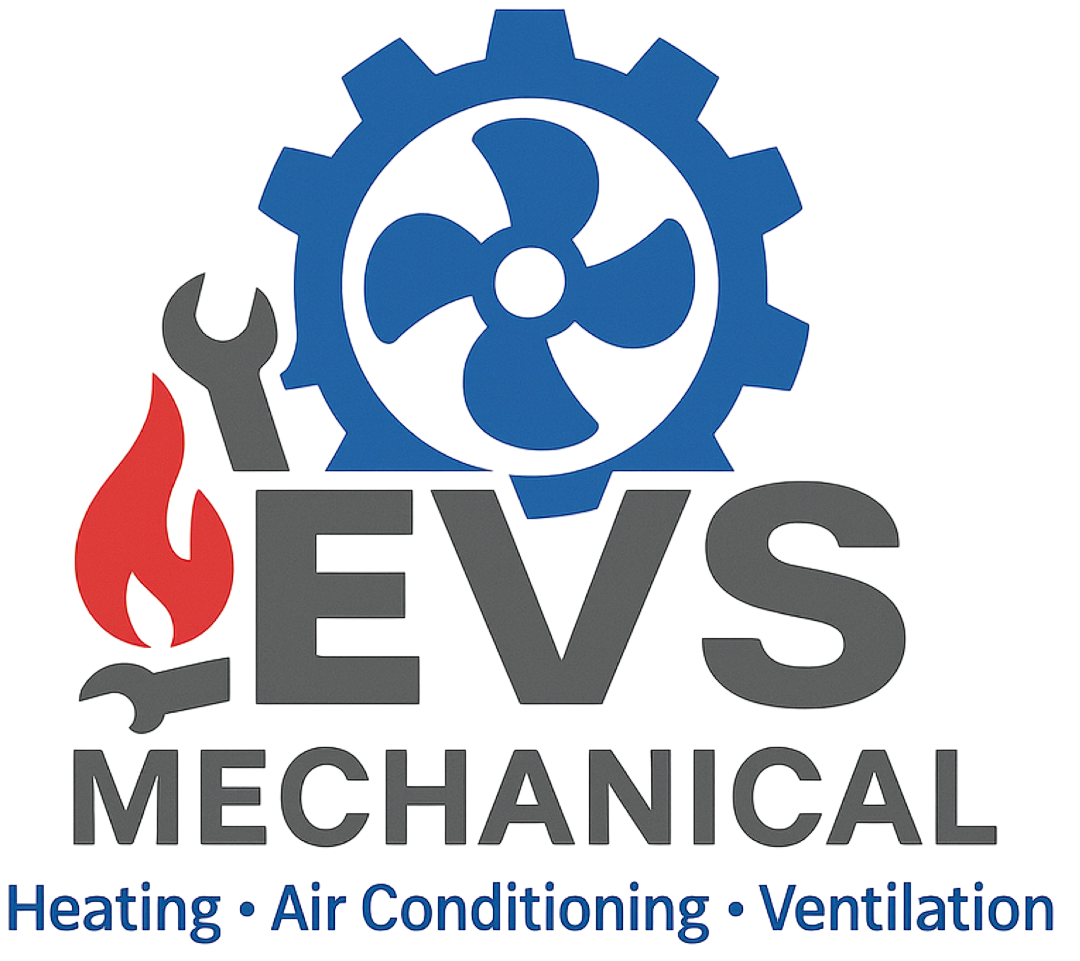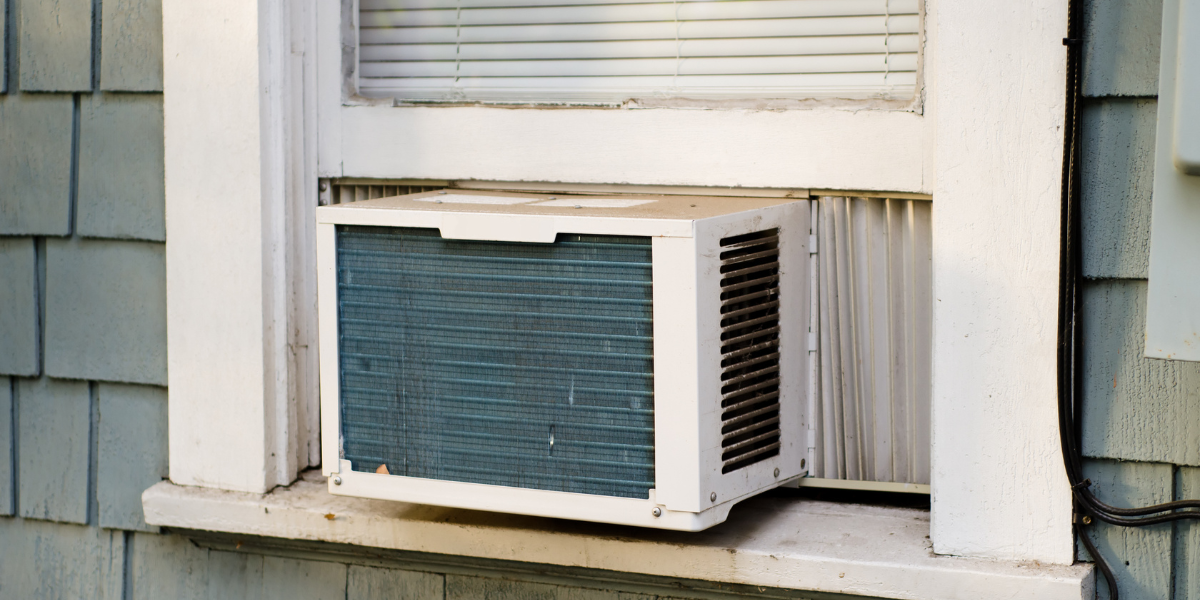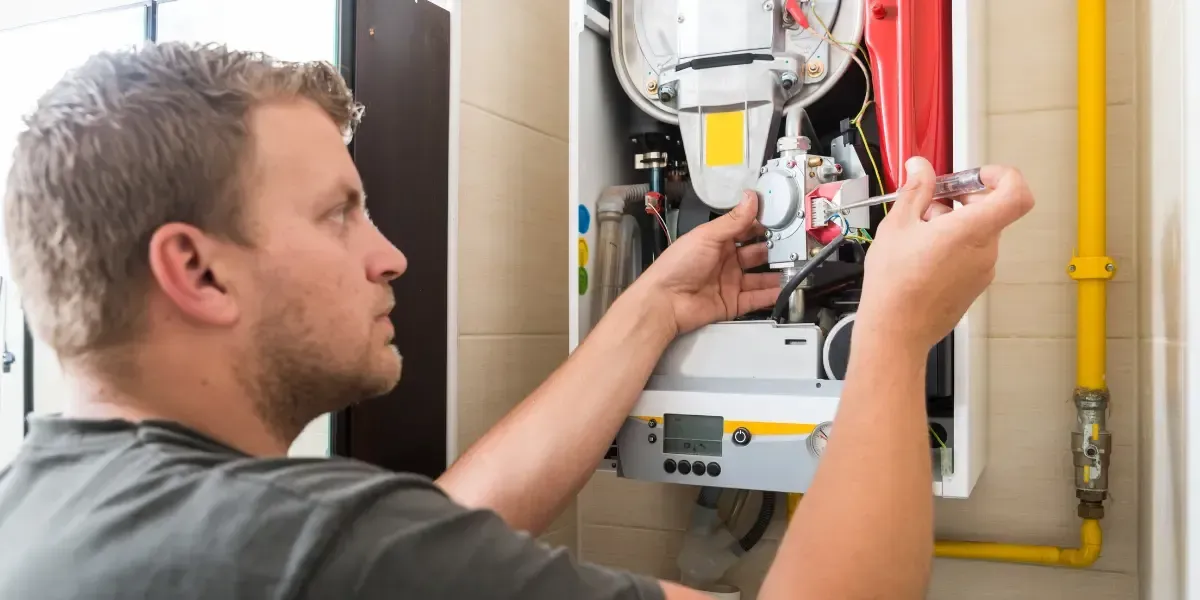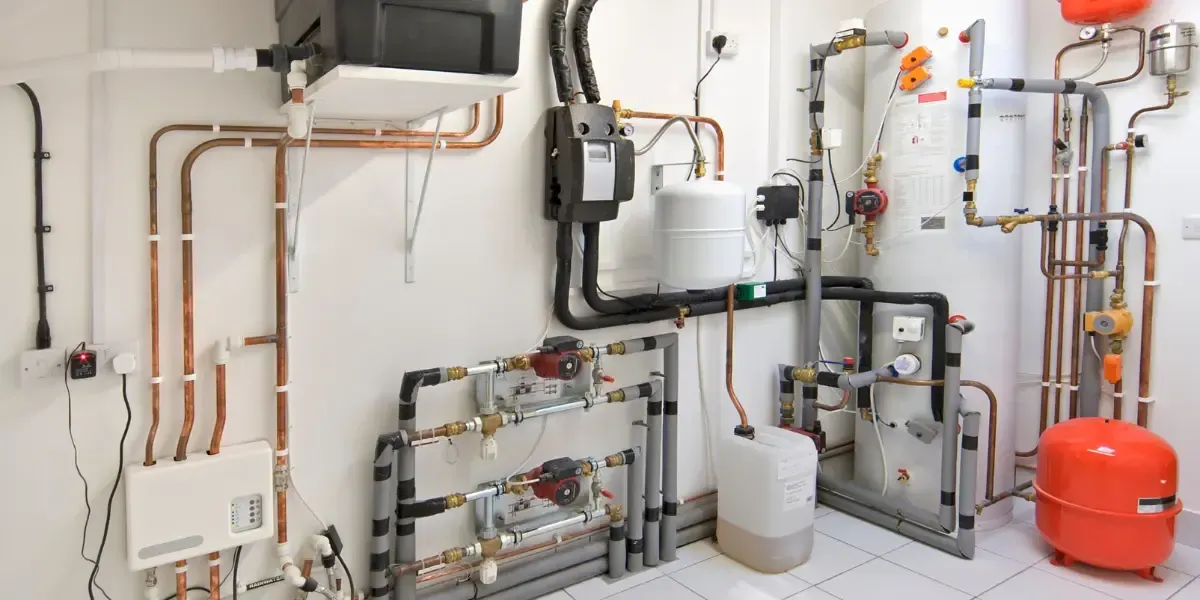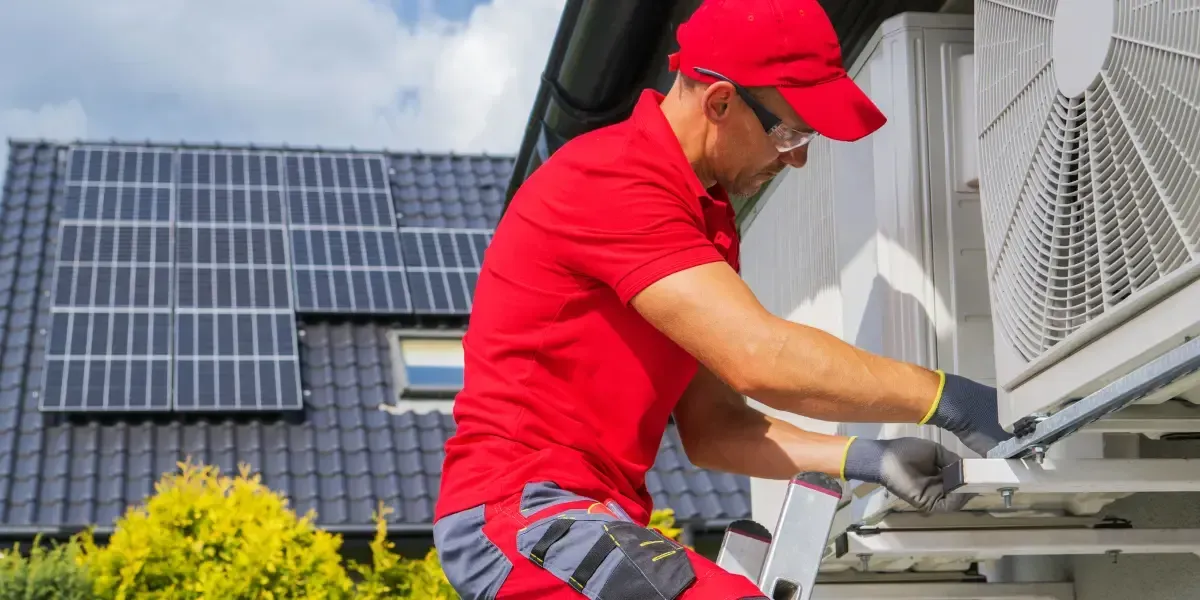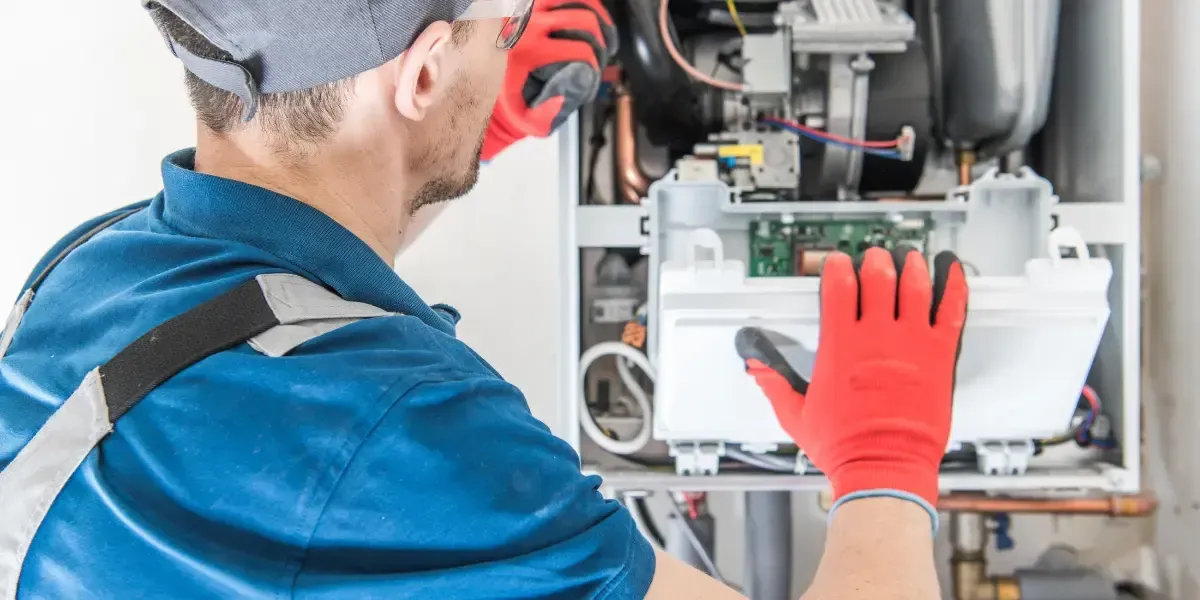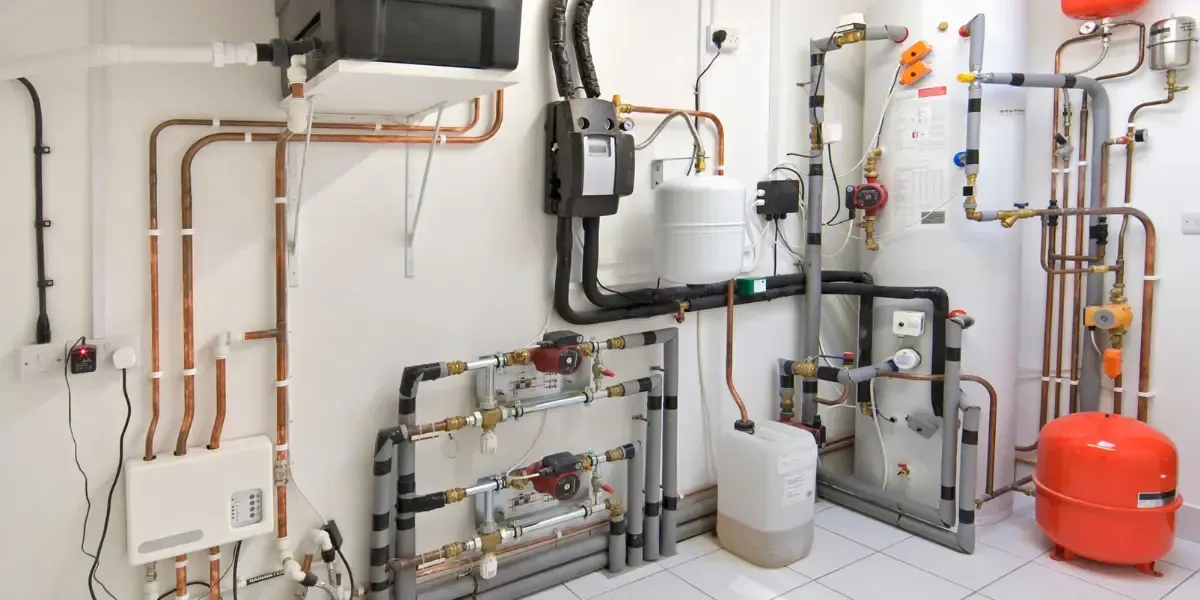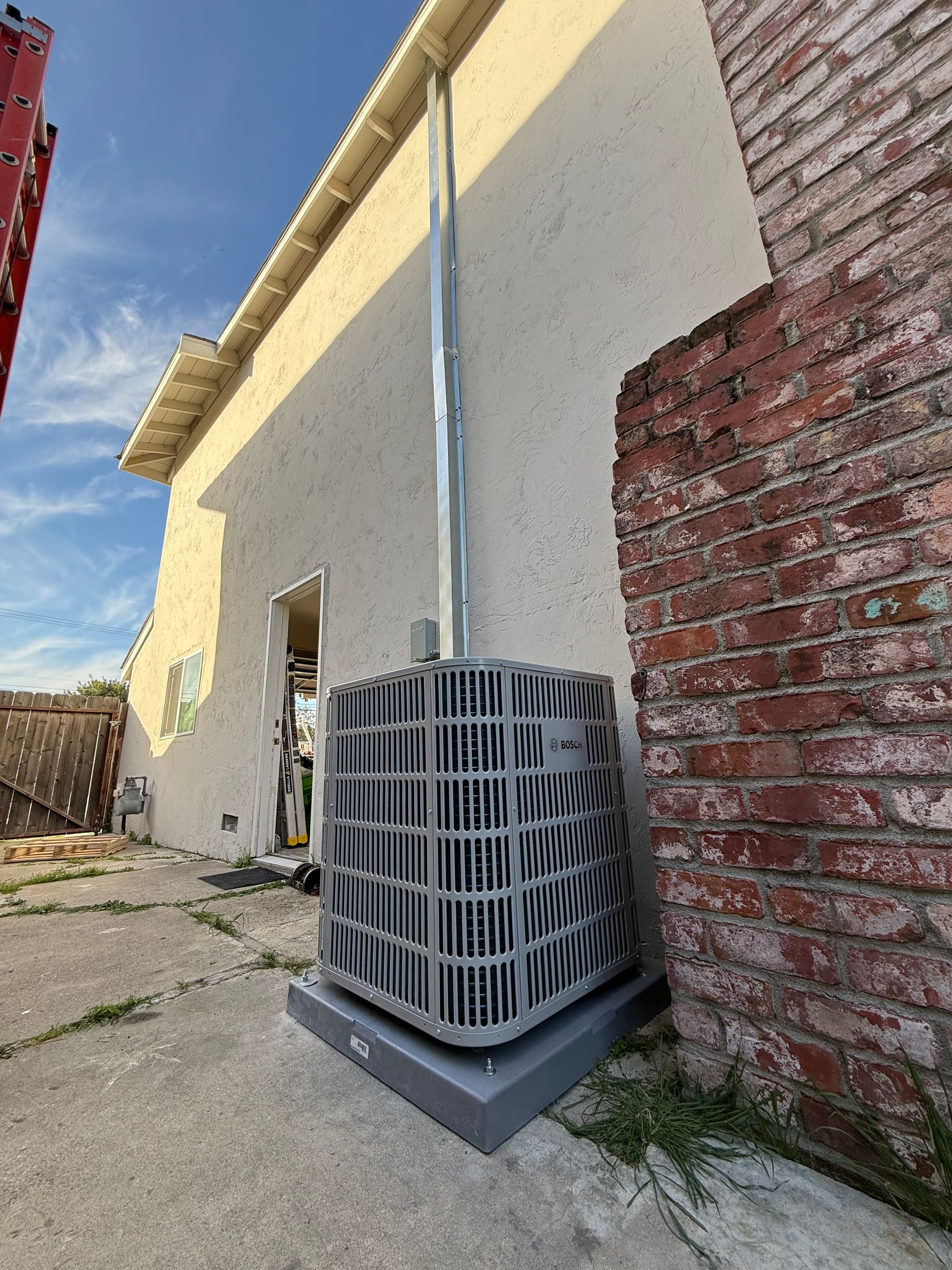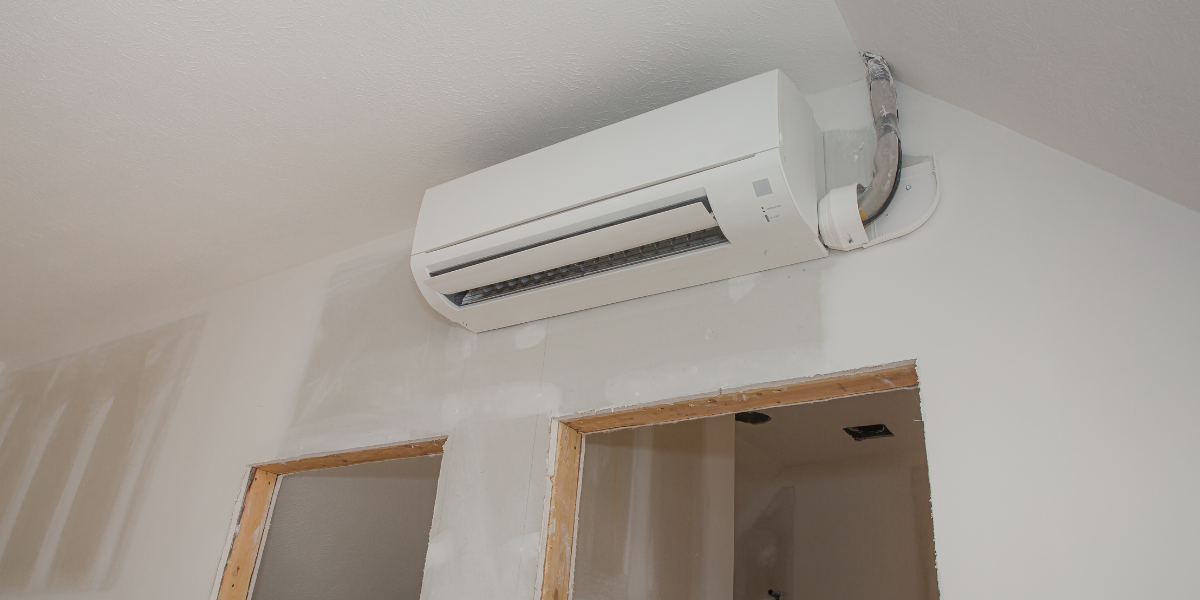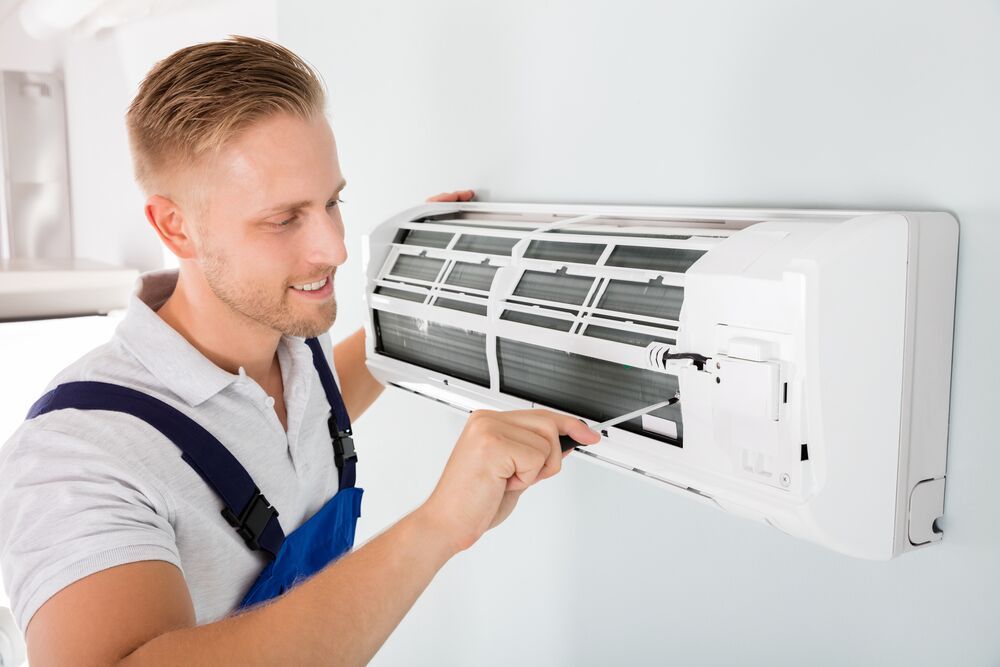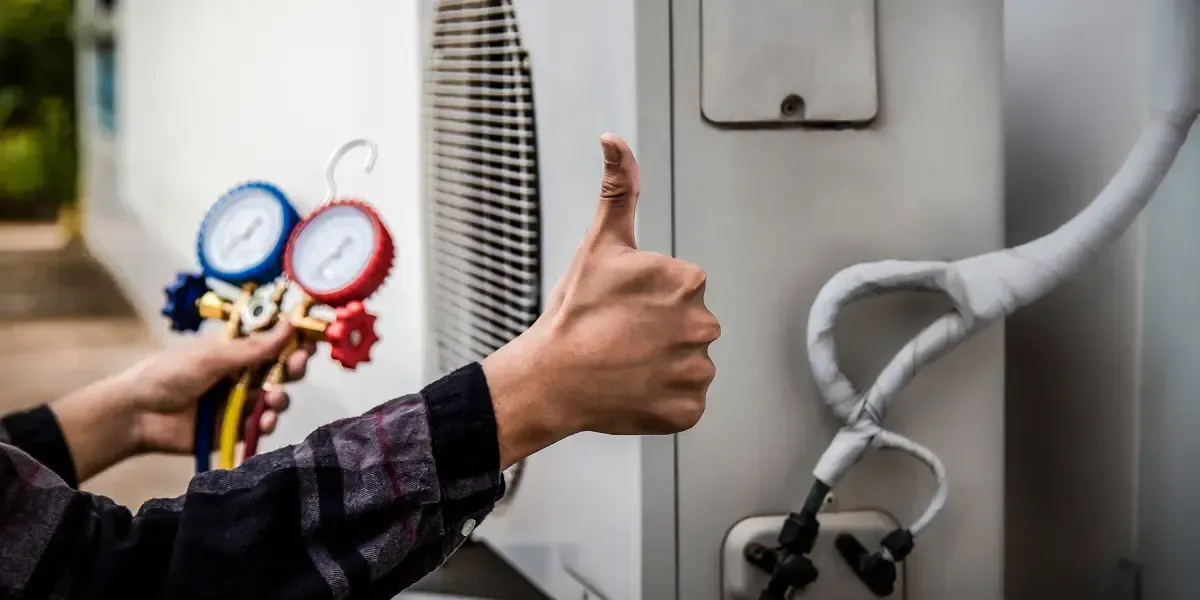BLOG
How to Install Window Air Conditioner?
Window air conditioners are an affordable and efficient way to cool specific rooms in your home, especially during the sweltering summer months. Whether you're replacing an old unit or installing one for the first time, understanding the proper installation process ensures optimal performance, energy efficiency, and safety.
In this comprehensive guide, we'll walk you through every step of
how to install a window air conditioner, and we'll also show you how EVS Mechanical Inc. can assist with professional installation and HVAC services.
Key Takeaways
- Proper measurement and preparation are critical to a safe and efficient window air conditioner installation.
- Support brackets are necessary for heavier units to protect your window frame and prevent injury.
- Weatherstripping and foam seals help prevent air leaks and increase energy efficiency.
- Professional help is highly recommended if you're unsure about handling electrical or heavy installations.
- EVS Mechanical Inc. is a local expert that offers professional and affordable installation services.
What Is a Homeowners Insurance Policy?
Homeowners' insurance is designed to protect your home from damage caused by specific perils. It usually includes:
- Dwelling coverage – for the structure of your home
- Personal property coverage – for your belongings
- Liability protection
- Additional living expenses if you’re temporarily displaced
However, coverage varies widely depending on the provider and policy.
Is HVAC Covered Under Homeowners Insurance?
Yes—but only in specific situations.
Your HVAC system, whether it's central air, furnace, or ductless mini-split, is typically covered under the dwelling coverage part of your insurance policy. If it’s a window unit or portable system, it may fall under personal property coverage.
When HVAC Systems Are Covered
Homeowners' insurance will usually cover your HVAC system if the damage is caused by a covered peril, such as:
- Fire or smoke
- Storms (e.g., wind, hail, or lightning)
- Vandalism or theft
- Falling objects (e.g., a tree limb damaging your outdoor condenser unit)
- Accidental discharge of water (such as from a burst pipe)
Example: If a hailstorm breaks the outdoor condenser coils of your central air conditioner, your insurance may pay to replace or repair them.
When HVAC Systems Are NOT Covered
Unfortunately, not all situations are covered. Homeowners' insurance generally does not pay for:
- Normal wear and tear
- Mechanical breakdowns
- Improper installation
- Neglect or lack of maintenance
- Pest infestations
- Mold or rust caused by long-term issues
Example: If your 20-year-old HVAC system breaks down from age, or you forgot to change the filters and the unit fails, your insurance won’t help.
Optional Equipment Breakdown Coverage
Some insurance providers offer an add-on policy called equipment breakdown coverage, which can help fill the gap. This additional coverage protects against:
- Mechanical failures
- Electrical surges
- Compressor burnout
It's affordable (typically $30–$50 per year) and could save you thousands in the event of a serious failure.
HVAC Coverage and Flood or Earthquake Damage
Standard homeowners' insurance does not cover HVAC damage due to:
- Floods
- Earthquakes
- Sewer backups
You would need separate flood insurance or earthquake insurance to cover these types of incidents.
Preventing HVAC Damage: Maintenance Is Key
Your insurance company expects that you’ll take good care of your HVAC system. Routine maintenance can:
- Extend equipment lifespan
- Improve energy efficiency
- Prevent breakdowns
- Help validate warranty coverage
Be sure to:
- Change filters monthly or quarterly
- Schedule bi-annual professional inspections
- Keep outdoor units clean and clear of debris
If you can demonstrate regular upkeep, your chances of claim approval increase if a covered peril does occur.
How EVS Mechanical Inc. Can Help You
Installing a window air conditioner can be a straightforward process, but for those without the time, tools, or physical ability to handle it safely, EVS Mechanical Inc. offers professional support you can count on.
EVS Mechanical Inc. is a trusted HVAC company based in Santa Clara, CA, specializing in heating, ventilation, and air conditioning services for both residential and commercial clients.
With the extreme California heat, it’s essential to get your AC installed correctly and efficiently the first time.
Why You Should Choose EVS Mechanical Inc.
Licensed & Certified Technicians
All installations are performed by trained and certified HVAC professionals, ensuring both safety and system performance.
Full-Service HVAC Expertise
Whether you need a quick install or a full system overhaul, EVS Mechanical can handle it all, including custom solutions for difficult spaces.
Transparent Pricing
Clear, upfront estimates mean no surprise charges. Affordable rates and financing options are also available.
High Customer Satisfaction
EVS Mechanical takes pride in building long-lasting customer relationships. Their reviews speak to their commitment to quality and customer care.
Local Expertise
Being locally owned and operated in Santa Clara, they understand the unique climate and HVAC needs of Bay Area residents.
Conclusion
Learning how to install window air conditioner units correctly is essential for comfort, energy savings, and safety. While many homeowners can perform a basic installation themselves, professional support ensures that your unit performs at its best and meets all safety standards.
If you’re in
Santa Clara, look no further than
EVS Mechanical Inc. for expert HVAC services. From installation to maintenance and emergency repairs, they’ve got your back—no sweat.
FREquently Asked Questions
Can I install a window AC by myself?
Yes, many people can install a window AC unit by themselves with basic tools. However, it can be physically demanding and may require two people for heavier units. If you're unsure, hiring a professional like EVS Mechanical Inc. is a safer and more reliable option.
What size window AC do I need for my room?
The size depends on your room’s square footage. For example:
- 150–250 sq. ft. = 5,000–6,000 BTUs
- 250–400 sq. ft. = 7,000–9,000 BTUs
- 400–600 sq. ft. = 10,000–12,000 BTUs
EVS Mechanical can help you determine the right unit for your needs.
Do window AC units need maintenance?
Yes! Clean the filters every month, check for blockages, and inspect seals around the unit regularly. EVS Mechanical offers maintenance packages to help your system run smoothly.
How long does a window air conditioner last?
Typically, window AC units last 8–10 years with proper care and maintenance. Units that are well-maintained can last even longer.
Is professional installation expensive?
Professional installation is often more affordable than people think, especially when you consider the long-term energy savings and proper sealing. EVS Mechanical provides free quotes and competitive pricing in Santa Clara and surrounding areas.

